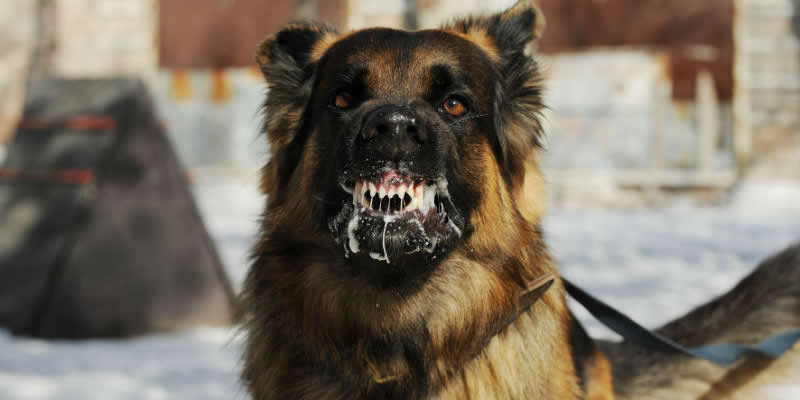This page provides information on the rabies virus and the vaccine for travellers leaving Canada. This advice given is general information only, and is not specific to any country where rabies may be present. For further information check the page of the country where you intend to travel, and speak with the Travel Vaccination Clinic doctor. Any questions or specific concerns about rabies can be raised during your appointment.

What is rabies?
Rabies is a deadly virus spread via the saliva of infected animals. Licks, bites and scratches may lead to infection. Rabies is a disease of the central nervous system and is almost always fatal in humans once symptoms start appearing (which can take weeks or months after infection). For this reason prevention is extremely important. Symptoms can include fatigue, pain, headaches, fever and irritability and may be followed by hallucinations and paralysis.
Who is at risk of contracting rabies?
People who travel to parts of the world where rabies is endemic, and come into contact with wild animals and in some cases pets or stray cats and dogs, may be exposed to the rabies virus if bitten by an infected animal. Where rabies is endemic, including parts of Asia, the risk of rabies is identified on the page for that country. Between 50 000 and 70 000 people die of rabies world-wide each year.
Activity that can bring you into contact with wild animals may include camping, hiking, caving or other outdoor activities. Some travellers may also have occupational risk if they work with animals in a country where rabies exists, or conduct research or observation of animals as part of their job or travels. Long-term expats or travellers in countries where rabies is a concern may be at increased risk, as well as children who may experience dog attacks or may not necessarily report having contact with a high-risk animal such as a stray dog or cat.
How is the rabies vaccine administered?
Even if you have had a preventative, or pre-exposure, rabies vaccination, if you are bitten in a country where rabies is present or endemic you will need to have two further shots to prevent infection. The pre-exposure vaccine consists of 3 shots administered over 21 or 28days (up to one month).
If you have never been vaccinated against rabies, you will need to have either 4 or 5 shots over the course of two weeks, including an additional shot of rabies immunoglobulin with the first one. If you have had a pre-exposure vaccine you will not need to have the immunoglobulin.
What is in the rabies vaccine?
The vaccine is made from the killed rabies virus. It cannot cause rabies and may prevent infection following exposure if administered properly.
Those with other illnesses are generally recommended to get the rabies vaccine if rabies is suspected. If you have experienced an allergic reaction to the rabies virus, have a compromised or weak immune system from treatment with steroids, HIV or another virus or disease such as cancer you should consult a doctor before requesting the vaccine.
What are the possible side effects of the rabies vaccine?
Side effects of the rabies vaccine include:
- Soreness, redness, swelling or itching of the area where the shot is administered (occurs in 34% to 70% of instances)
- Headache, nausea, abdominal pain, muscle aches or dizziness (occurs between (occurs in 5% to 40% of instances)
- Hives, pain in joints or fever may occur in about 6% of cases where booster shots are administered
- A nervous system disorder called Guillain Barre syndrome(GBS) has been reported following vaccination for rabies, however this was so rare it is not known whether the disorder was caused by the vaccine
How much does the rabies vaccine cost?
Each injection for the pre-exposure rabies vaccine will be charged separately, as they require individual appointments. You should contact the travel vaccination clinic to discuss the cost prior to your appointment.
What to do where rabies is suspected following a bite
Anyone who is bitten where rabies is suspected should clean the wound for a full 5 minutes, and apply an antiseptic such as iodine or alcohol and seek treatment immediately. The course of shots will need to start as soon as possible to have the highest chance of preventing infection. Go to the nearest hospital immediately to start treatment. You must go within 24 hours to the hospital for any open wound from animal contact. If untreated within 24 hours rabies is always fatal.
